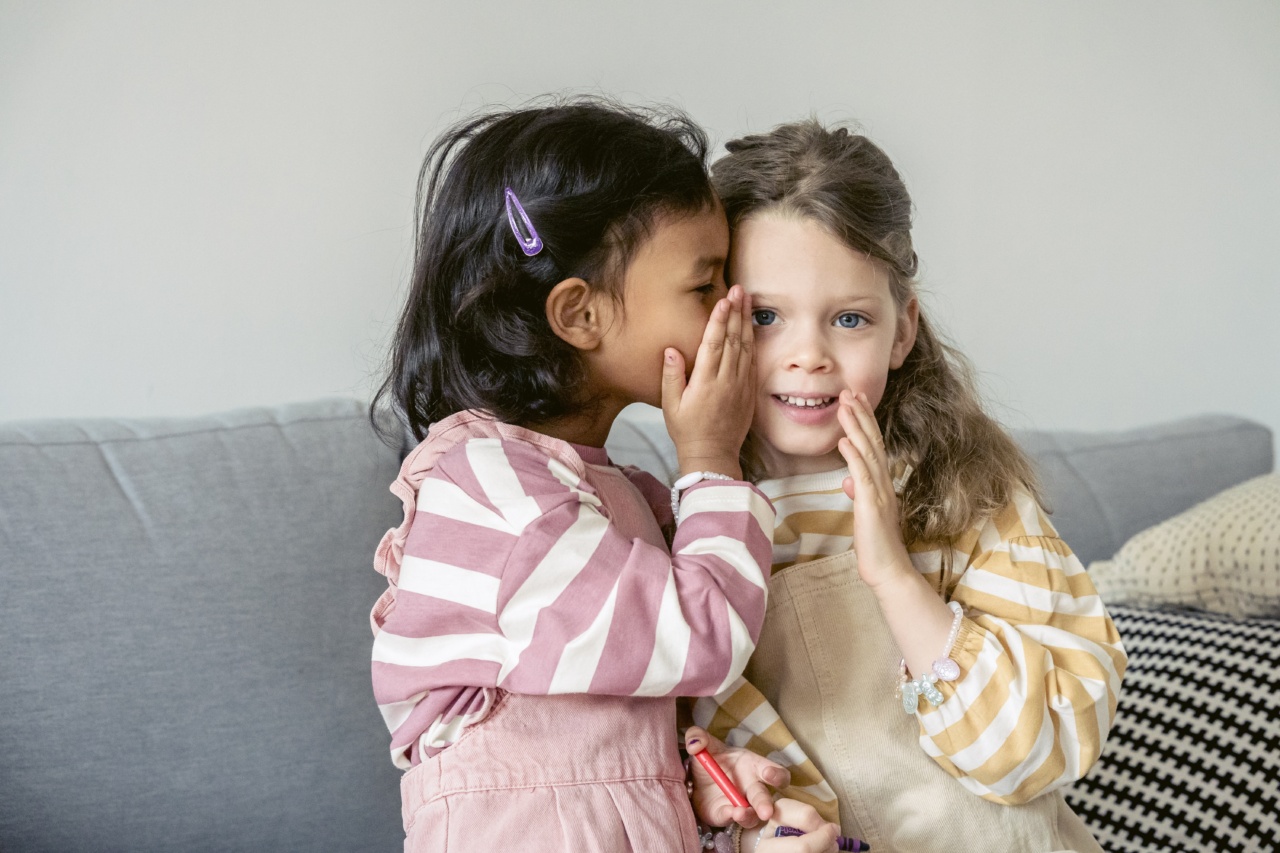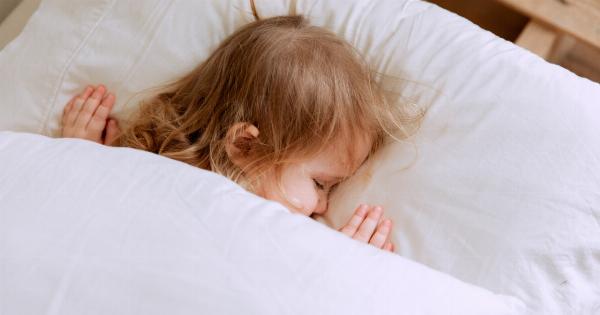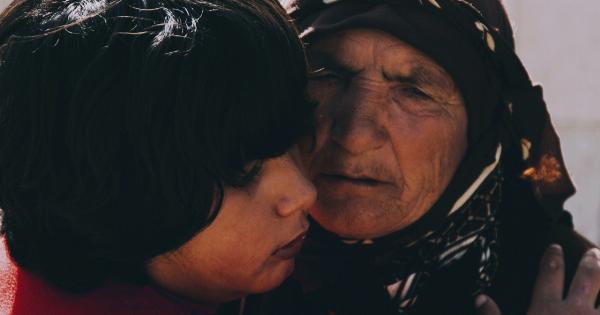Depression is a serious mental health condition that can affect people of all ages, including children.
While it may be more commonly associated with adults, depression can also impact children and adolescents, often presenting in different ways than it does in adults. As a parent, it can be challenging to differentiate between normal mood swings and signs of depression in your child. However, being able to recognize the potential signs and symptoms is crucial in order to seek appropriate help and support.
Understanding childhood depression
Depression in children can manifest differently than in adults. Younger children may not have the vocabulary to express their emotions, and their symptoms may be more behavioral than emotional.
It’s important to remember that childhood depression is not a character flaw or a weakness, and it is not something your child can simply “snap out of.” It is a real medical condition that requires understanding, empathy, and professional intervention.
Signs and symptoms of childhood depression
While the signs of depression can vary from child to child, here are some common indicators to watch out for:.
1. Persistent sadness: A child experiencing depression may consistently appear sad, tearful, or irritable.
2. Loss of interest: Losing interest in activities they once enjoyed is a common symptom of childhood depression. Your child may lose enthusiasm for hobbies, sports, or spending time with friends and family.
3. Changes in appetite and weight: Depression can have an impact on a child’s appetite, leading to significant weight gain or weight loss.
4. Sleep disturbances: Depressed children may experience changes in their sleep patterns, such as insomnia or excessive sleeping.
5. Fatigue and loss of energy: Your child may frequently complain of feeling tired, even after getting enough rest. They may lack motivation or struggle with simple tasks.
6. Difficulty concentrating: Depression can affect a child’s ability to concentrate and perform well academically. They may become forgetful, have trouble completing assignments, or have a significant drop in their grades.
7. Physical symptoms: Some children with depression may complain of unexplained physical ailments, such as headaches, stomachaches, or other bodily discomforts.
8. Social withdrawal: If your child abruptly isolates themselves from family, friends, or social activities they used to enjoy, it could be a red flag for depression.
9. Negative self-talk: Depressed children often exhibit negative self-talk, expressing feelings of guilt, worthlessness, or hopelessness. They may have a distorted view of themselves and their abilities.
10. Suicidal thoughts or behaviors: In severe cases, children and adolescents with depression may express thoughts of death or engage in self-destructive behaviors.
If your child exhibits any suicidal ideation, seek immediate professional help.
What to do if you suspect your child is depressed
If you notice several of these symptoms persisting for more than two weeks, it’s crucial to take action. Here are some steps you can take if you suspect your child is struggling with depression:.
1. Open communication: Create an open and non-judgmental space where your child feels comfortable talking about their emotions and experiences.
Encourage them to express themselves and listen attentively without interrupting or criticizing.
2. Reach out for professional help: Consult with a mental health professional who specializes in working with children and adolescents. They can provide an accurate diagnosis and suggest appropriate treatment options.
3. Educate yourself: Learn more about childhood depression, its causes, and treatment options. The more informed you are, the better equipped you’ll be to support your child.
4. Maintain routines: Stick to regular schedules and routines as much as possible. Consistency can help provide a sense of stability and security for your child during this challenging time.
5. Encourage healthy habits: Promote physical activity, a balanced diet, and sufficient sleep, as these factors can positively impact your child’s mood and overall well-being.
6. Support system: Reach out to friends, family, or support groups who can offer emotional support and understanding during this difficult time.
7. Be patient: Understand that overcoming depression takes time. Your child may have good days and bad days. Patience, compassion, and reassurance are crucial during their recovery.
8. Avoid blame: Do not blame yourself or your child for their depression. It is not your fault, nor is it a result of their behavior or personality. Reaffirm your love and support for them.
9. Monitor their online activities: Keep an eye on your child’s internet and social media usage, as prolonged exposure to negative content or cyberbullying can worsen their mental state.
10. Encourage self-care: Teach your child the importance of self-care and self-compassion. Encourage activities that bring them joy and help them relax.
Conclusion
Recognizing depression in children is essential in order to provide early intervention and support.
If you suspect your child may be struggling with depression, consult with a mental health professional who can guide you through the diagnosis and treatment process. Remember, addressing childhood depression requires understanding, patience, and a strong support system. With the right tools and resources, your child can overcome depression and thrive in life.



















